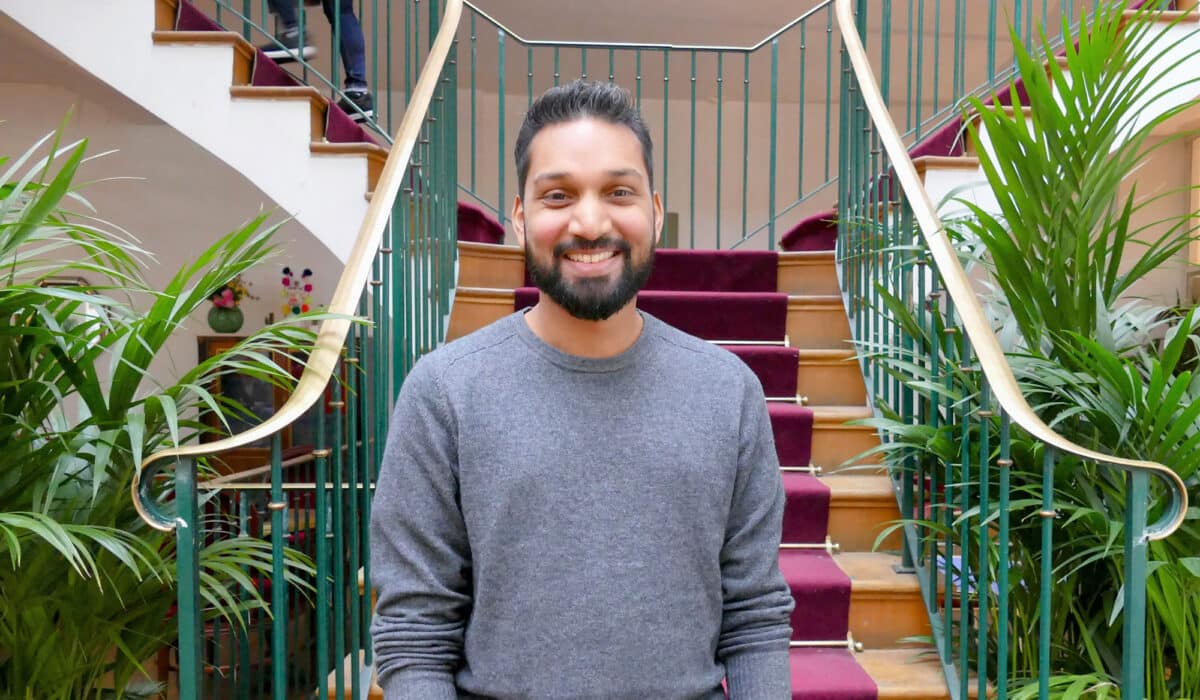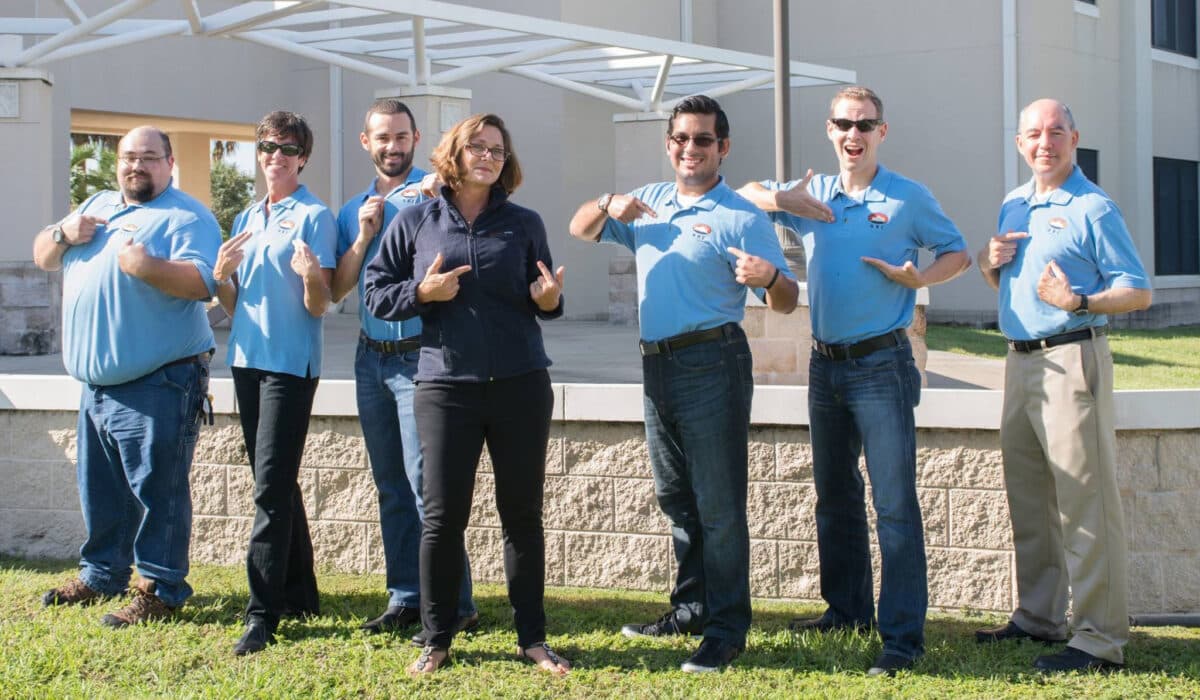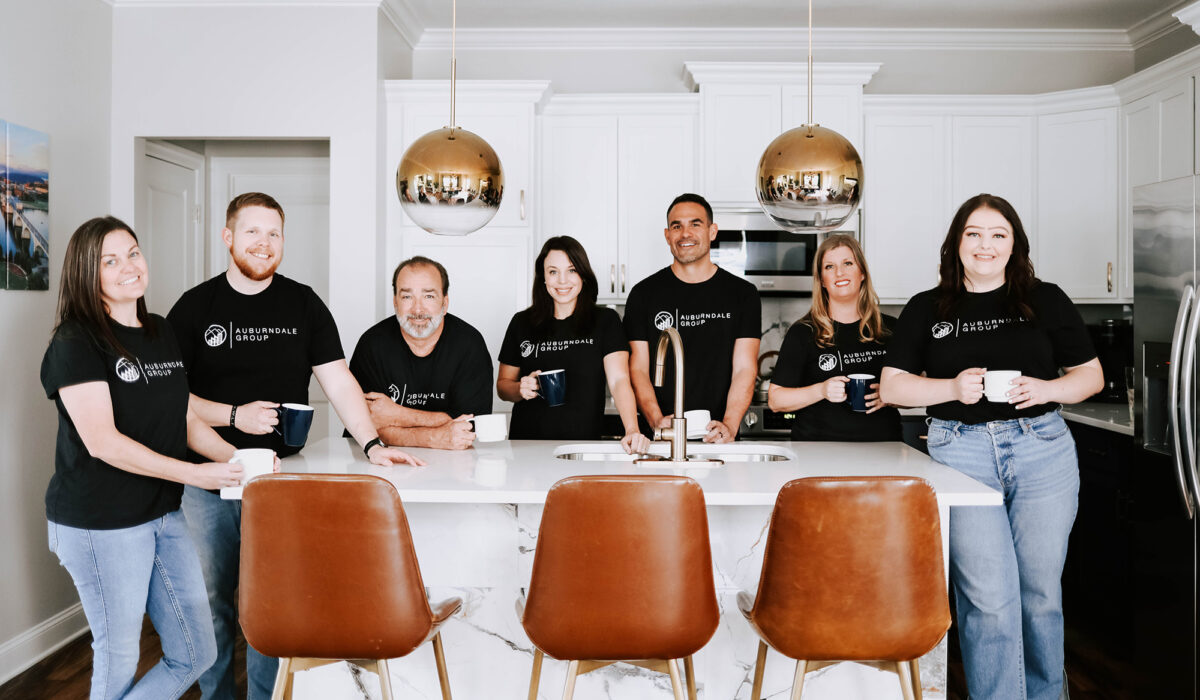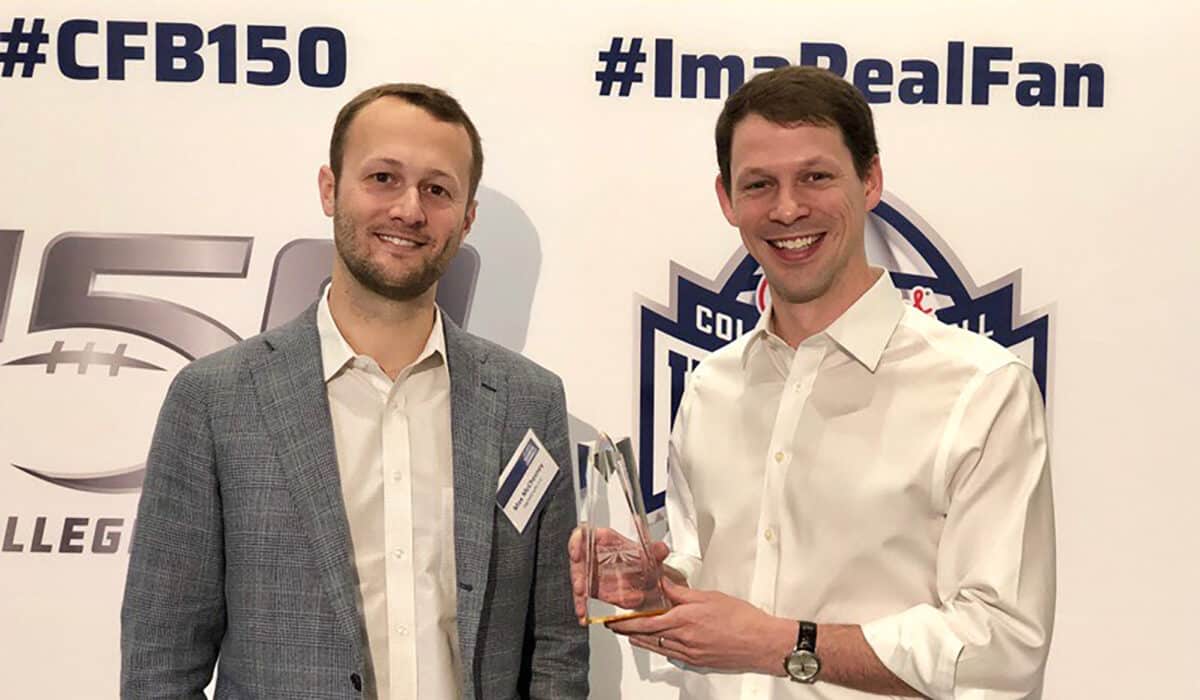The popularity of wearable devices means many of us have access to data about our health. But how, exactly, should you act on that data?
That’s the problem Patrick Samy set out to solve for himself beginning in 2016. He worked with a doctor named Adam Bataineh, who specializes in longevity and prevention. Over the course of six months, they optimized Samy’s lifestyle, which led to better mental clarity and energy levels and even better performance in his tennis games.
So the two decided to go into business together, creating a coaching company called Span, which aimed to solve this problem at scale.
“More and more wearable devices, smart scales, consumer lab tests or scans were available on the market for people to use,” said Samy, who previously worked on the Skype team at Microsoft. “What does this report from my blood test tell me? And what does that mean in terms of where I need to change?”
They hit upon a real need – and ended up selling the business to sleep gear company Eight Sleep for 7 figures.
How an idea turned into a health coaching app, Span
Once the London-based duo decided to pair up to create this health coaching app, they raised $1.2 million in venture capital funding.
Users could upload data points from wearables, add any DNA test results, and then connect with a one-on-one performance coach who would make recommendations about sleep, nutrition and exercise plans aligned with their goals.
At first, the founders missed the mark on who would be their customer base.
“We made the mistake initially of focusing on people with chronic conditions,” Samy recalled. “We thought that people who needed it the most from a medical, clinical point of view would be the best customers. Then we realized that there was a huge difference between ‘needing’ from a clinical perspective and ‘wanting’ from a consumer and customer perspective.”
It took about nine months of talking to their customers to realize that the best customers were people who were focused on health optimization and self-improvement. “The people who were the most likely to sign up or the most likely to stay subscribed for a long time were people who were interested in going further than what they’d been offered by their primary care physician,” he said.
On the app, users could send their coach messages and that coach could message back. Span hired new coaches as they needed them; each could serve about 50 to 70 customers apiece. Span ended up with about 200 customers, who were each paying $199 a month for one-on-one coaching.
“We had a chat function that would go through our app,” Samy said. “And the reason for that is, it was easier for us to then share elements of the experience, like data points, charts and things like that, in the chat, rather than do it through text messaging.”
How the deal with Eight Sleep came about
It was around this time that Samy started sleeping on a high-tech bed called a Pod Pro, manufactured by a company named Eight Sleep. The company makes sleep gear that connects to an app that monitors sleep and other health metrics. The bed, which has cooling and warming systems, helped Samy control his body temperature at night. It was a game-changer for his sleep.
“I bought it because I was in that category of people who were basically sleeping hot,” Samy said. “I had been sleeping with a fan on for probably two or three years. There’s just a number of people who sleep hot, and we wake up in the middle of the night and we feel like we’re overheating.”
Coincidentally, in November 2021, an executive with Eight Sleep reached out to Span and was keen to try the coaching experience. So they onboarded him and did their best to make sure he had a good experience. He seemed to enjoy working with his coach, Samy recalled.
“Just before Christmas 2021, I received a message on Twitter from the CEO of Eight Sleep,” Samy said. “He says, basically, let’s talk next year.”
In January 2022, Samy and Bataineh met with Matteo Franceschetti, co-founder and CEO of Eight Sleep. The company wanted to get into the health coaching space as another way of fulfilling their mission of fueling human potential through optimal sleep. But instead of building the service from scratch, they wanted to acquire an existing health coaching company like Span and bring its team and assets on board.
“We were surprised,” Samy said. “My co-founder and I were not expecting to get an offer, but we were also thinking about selling. At this point, the company was doing well.”
At the time, Span had seven employees, about 200 customers and $300,000 in annual recurring revenue.
They spoke to their investors and got some advice. They became convinced that the deal was a natural strategic fit, and they could grow under the umbrella of a larger company.
Samy found the process of selling his business to be exciting, but full of doubts. They chose to tell employees ahead of the sale so they could meet with the buyer, he said, and that turned into a distraction for the team.
“You have to keep moving the ship on one side,” he said, referring to running the business, “because there’s no certainty about an acquisition until everything is signed. And at the same time, you have to handle this really, really intense process on the other side.”
The deal closed in March 2022 for 7 figures.
Once the business sold, Samy found it hard to let go of the reins. It was challenging to no longer have ultimate decision-making power. “I think it’s probably something that a lot of founders who sell experience,” Samy said. “You have full control, and you become used to having control, and then you lose part of that.”
Samy and Bataineh joined Eight Sleep’s product division. Span’s app was discontinued, and they revamped the coaching service to fit within Eight Sleep
“The product exists, but it looks different,” Samy said. “We needed to find a way to deliver a similar value, but in a way that’s a lot more scalable, because Eight Sleep was not in a position to hire thousands of coaches to scale the product on day one, and we knew that we were going to have an influx of customers.”
Over the course of three months, they created a more automated coaching system that does an in-depth analysis and makes recommendations based on user data.
Lessons learned from the sale of a startup
In retrospect, would he have done anything differently? Does he have any advice for other startup founders who are considering a sale?
“I think part of our naivety, in some ways, is to not have spoken to founders who have done this in the past,” Samy said. He and his partner did eventually get advice from other founders, but it was late in the process, “so it would have been useful to do that early on,” he said.
Another piece of advice from Samy: Spend the money to hire a good M&A lawyer. It’s worth paying for an attorney who has experience with M&A, he said.
Bataineh eventually went back to practicing medicine and started a longevity practice in London.
Samy’s working on a new project, still in the health space: Peak. It’s a marketplace for wellness and performance that allows you to access professionals like a longevity doctor, wellness or health coach, and get it covered by insurance.



